The Truth About Half-Day School
We have offered this unique and precious gift to families over 34 years.
by bobby Scott, headmaster
A Bit of School History
In 1986, Valerie and I left our K4-12 school in Virginia to come to Atlanta and be a part of the covenant school at Perimeter. The school had been established in 1983 with one teacher and 6 students. From the beginning, the structure was designed to give the students only the necessary academic hours at school because the parents were eager to be involved in their child’s education as much as possible. The trust of the critical morning hours to a qualified teacher was appealing, as was time at home in the afternoon. We have continued to offer this unique and precious gift to families with only slight adjustments over the 34 years of Perimeter School.
The Emergence of Charlotte Mason
In 1984, a year after the school began, Susan Schaeffer Macaulay published her book, For the Children’s Sake, which in effect introduced the philosophy of Charlotte Mason to the U.S. It is still the initial “bible” of the philosophy. In it Mason is quoted as saying that the education of children up until age nine should focus on the morning hours as the critical ones for a school or home education. Independently both the SMT at that time and I read Susan’s book. This belief of Mason’s served to validate what the school had begun in 1983, in light of the question that had begun to emerge: “Can a school really educate young children in three hours a day?”
Over the next 7 years, we began to adopt many critical components of the educational philosophy of Mason, though some were already a part of the school’s curriculum and practice. For example, the focus on “the child is a person” was already demonstrated in the school’s passion for the student to see himself or herself as an image-bearer of Christ. The emphasis on the best of literature was already in practice at our school, though we did adopt the terminology of living books. We had already begun our focus on the great artists' works in each grade, though in the early days we did not call them Picture Studies. Today we have embraced much, but not all, of Mason's practices as we have deemed appropriate for our covenant school. Just due to the history, we are not really a Charlotte Mason school, as those schools existed only in Great Britain and were called PNEU (Parents National Education Union) schools. No schools are remaining under that name today.
What Is a ChildLight School?
In the early 1990’s, after helping establish 4 other covenant schools in the Atlanta area, we began the Perimeter School Association (PSA) for mutual growth and training of teachers. We kept our covenant school identity as our main foundation, but over time we grew in our knowledge of Mason principles in the areas of curriculum and methodology. Other schools sought us out, and in 1993 we began the ChildLight School Association, taking the title with permission from Susan Macaulay. Keeping our original five schools, we also added 10 additional ones throughout the Southeast. All are Christian, some are covenant, and each is committed to the ChildLight philosophy of education adapted from the principles of Charlotte Mason.
So What About Our K-2 Half-Day School?
We expect always to be committed to providing a half-day option for K - 2, and we are likewise committed to the practice of devoting morning hours to academics. With the cultural and economic changes that present the need for full day school to some families, we will continue to offer an afternoon Adventure program of play, fun, and creativity to students that does not contain academic pursuits (though we know that children learn great skills by playing). Though some may misunderstand, the half-day option with afternoon activities is not a violation of Mason philosophy. In fact, all her PNEU schools were full school days with afternoon play activities. We are excited to be able to offer options that honor our history and still meet the needs of families and what is best for children.

